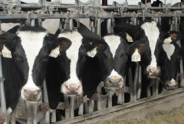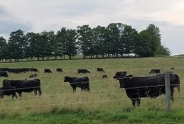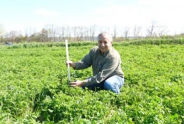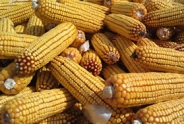Field Crop Update, October 2, 2025
Erik Smith, Area Field Crop Specialist/Team Leader
Central New York Dairy and Field Crops
1. Announcements
Silage harvest is well underway, and with the frost/freeze we experienced last night and with more potential frosty nights tonight and over the next 10 days, we're rapidly making our way into the heart of the harvest season - for not only silage, but grain crops as well. I saw lots of corn and soybean stubble driving through the region yesterday, and I know I'll see even more this afternoon. I've seen some cover crops up and out of the ground already, and I'm looking forward to seeing more winter crops emerging in the coming weeks.
For those whose silage crops may still seem just-this-side of the right maturity, here again is this article by Larry Chase for harvest considerations for not-quite-mature corn following a frost.
So this will be the last regular Field Crop Update of the 2025 growing season - thank you all for tuning in and giving your feedback - it means a lot, knowing that you're reading and finding this useful. Please keep the feedback coming! This is my way of not only sharing what I'm seeing and hearing, but also sharing what you are seeing and hearing.
Stay tuned for updates regarding this winter's Central NY Dairy Days (Jan 13 + 14) and Corn and Soybean Days (Jan 20 + 21). Daniela and I will once again hold those events in both Hamilton and Ballston Spa. More details coming soon!
2. Weather Outlook
See images below, but to summarize, October is expected to be warmer and drier than normal, and we are looking at a La Niña fall (through at least December), so after Oct, the temp is expected to drop to normal or below, and precip may be wetter than normal:
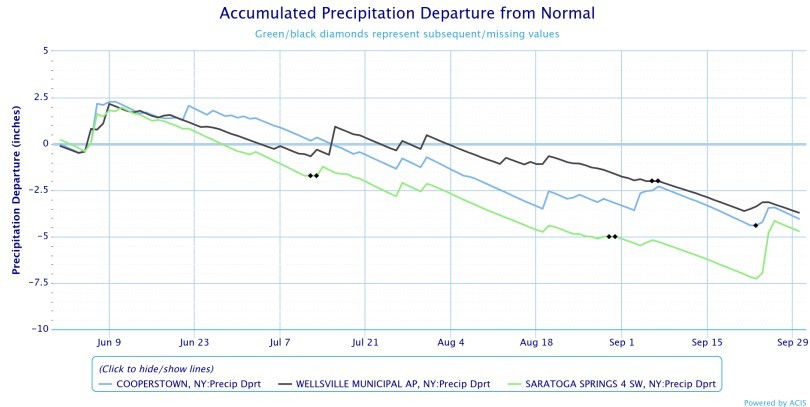
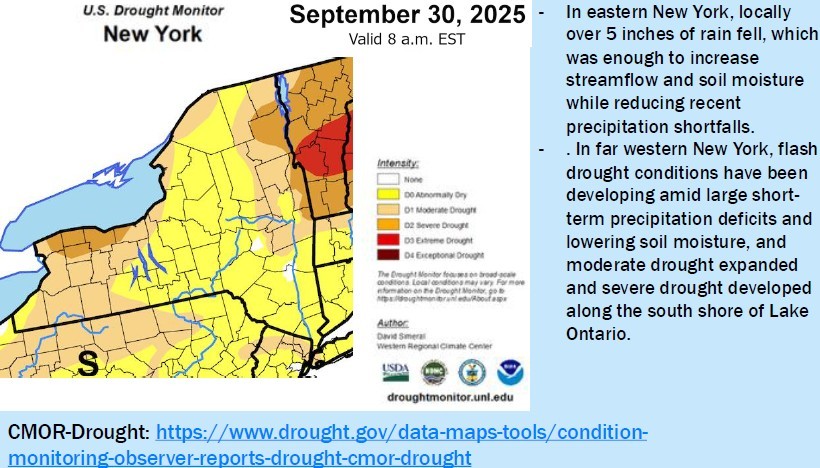
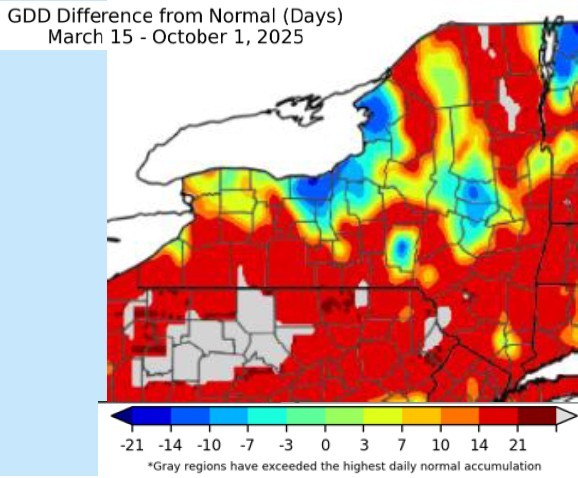
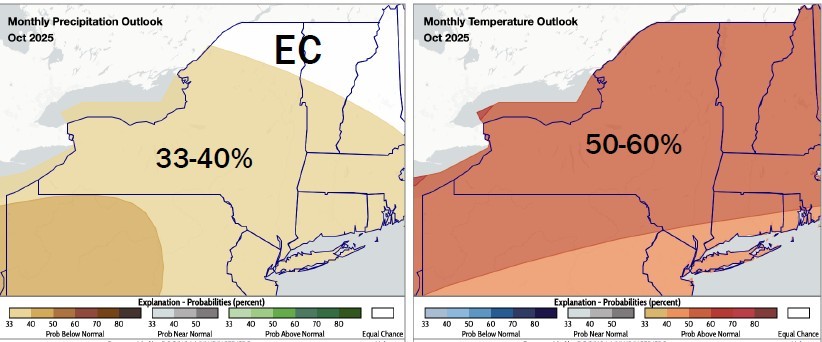
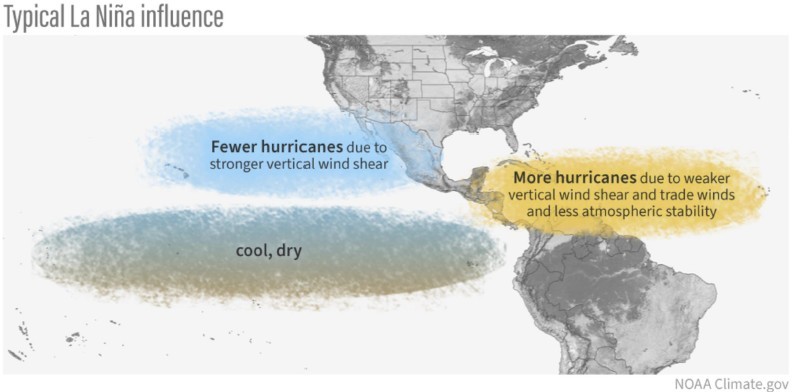
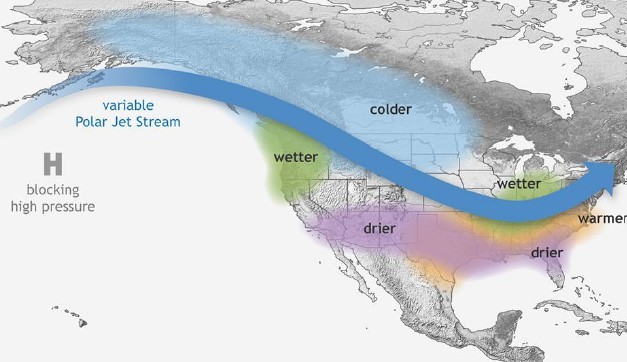
3. Growing Degree Days (GDD) (See: Climate Smart Farming Growing Degree Day Calculator)
Growing degree days (GDD) are calculated by taking the average daily temperature and subtracting the base temperature for development of a given organism ((High + Low)/2 - base temp = GDD). For corn silage, we are using base 50/86, as corn development starts at 50 degrees F and ceases above 86. Check your location and planting date.
The silking dates in section 2 begin July 17th, when I first saw tasseling in the region - so this does not mean that every crop in your particular area tasseled on that earliest date. Your crop may have tasseled on or more closely to one of the later dates. So While our GDD tables in section 2 can get you in the ballpark, check your own whole-plant DM to make sure you're ready, and not ahead/behind schedule!
Remember: Silage corn needs 750-800 GDD (depending on hybrid maturity) after silking to reach a whole plant DM of 32%. Under typical late season dry down conditions we can expect the crop to reach 35% DM four to seven days later. We can expect to accumulate 15-25 GDD per day, or even up to 30, so peak maturity can creep up on us quickly. But no matter what the numbers say, always check your crop to see how close you may be to harvest. For more details, see this article.

KEY:
- Blue: Time to make plans (35% DM anywhere between 5 - 11 days from now, depending on maturity)
- Green: Gas up the harvester and the trucks (35% DM in 2 - 8 days, depending on maturity)
- Yellow: See you in the field (35% DM imminently):
- Red: It's either already in the bunk or it's going for high-moisture corn or it's going in the bin for grain (DM likely > 35-40%)
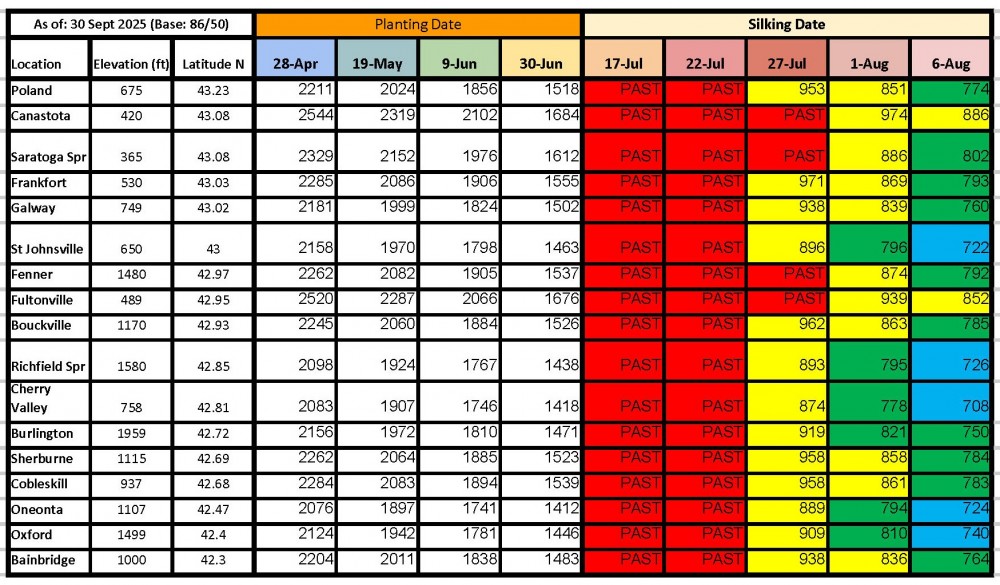
See you in the field!
Upcoming Events
2026 Corn & Soybean Day
January 20, 2026 : Corn & Soybean Day - Hamilton
Hamilton, NY
Lunch included. 2.75 DEC Credits available
January 21, 2026 : Corn & Soybean Day - Ballston Spa
Ballston Spa, NY
Lunch included. 2.75 DEC Credits available
I Thought I Was Covered for That! - Farm Insurance Webinar Series
January 13, 2026
January 20, 2026
January 27, 2026
February 3, 2026
February 10, 2026
Free Webinar Series
Passing the Torch - Planning Your Farm's Future
January 27 - January 28, 2026
Choose from two locations for this FREE event.
Announcements
Statewide Field Crop Pathology Needs Assessment Survey
Your input is wanted for identifying priorities!Sign Up for Our Weekly E-Newsletter
We send out a bi-weekly e-newsletter that has announcements, upcoming programs, and opportunities for you! Registration is quick, easy, and free. Click here to sign up today!Farmers Can Join MeatSuite For Free!
MeatSuite.com is a free resource provided by Cornell University where NY meat farmers can create a farm profile and list their bulk (wholes, halves, quarters) and bundled (i.e. Grilling Bundle) meat products.Why should farmers join?
1. It's free and easy!
2. Connect with more local customers. In the past year the MeatSuite.com farm directory had 8,300 visits from New York consumers. Farm profiles get as many as 25 views per month from potential local customers. We also spotlight MeatSuite farms on social media and bring attention and purchases to farms through highlights and giveaways.
How do I join?
Farmers can visit https://www.meatsuite.com/farmers/ to create a free farm profile. You must list at least one product for your farm's profile to go live. You'll also have access to Cornell's free Meat Price Calculator, a helpful tool for pricing your meat to make a profit.
While you're on MeatSuite, check out the "Creating Consumer-Friendly Bulk Meats" publication on the log-in page. It has tips on how to create bulk meat products that are easier for first-time buyers to say "yes" to.
If you have any questions as you create your farm profile or products, we're here to help! Please email Matt LeRoux at mnl28@cornell.edu.

